The Empathy Gap
From the halls of Congress to the halls of our local schools, people tend to interact only with those who are just like them. They rarely understand issues from other points of view because they rarely spend any time with people who have had life experiences that differ from their own. We seem to have an empathy gap in the United States.
Pope Francis observes, “Almost without being aware of it, we end up being incapable of feeling compassion … for other people’s pain, and feeling a need to help them, as though all of this were someone else’s responsibility.” He challenges us to feel empathy for others, to be moved by “all those lives stunted for a lack of opportunity.”
We seem to have a global empathy gap.
The empathy gap plays a role in Robert Putnam’s recently published book, Our Kids: The American Dream in Crisis. In an analysis of the impact of unequal educational opportunity upon U.S. society and the economy, he notes, “… we are less empathetic than we should be to the plight of less privileged kids,”
Putnam argues that “inequality in the United States increasingly operates through education.” Segregated communities are more and more based on socio-economic class both among and within all ethnic and racial groups within the United States.He makes the case by integrating first person interviews and exhaustive research findings ranging from high school graduates a generation ago to today’s young people, both in and out of school, who live in cities throughout the United States.
Rich and poor kids attend “vastly different schools.” This trend correlates with fewer and fewer interactions among kids and adults from different social classes. And kids who grow up in poor neighborhoods miss out on meeting adults with educational and professional credentials who can provide advice and mentorship.
First generation and low income college students are perhaps a peer group capable of filling the empathy gap. Because they bridge the worlds of rich and poor, first generation students are in a unique position share their firsthand knowledge of educational inequality.
Many students arrive at college or university from “vastly different schools.” They often struggle academically and do not immediately understand how to seek out support. But they do possess soft skills often unknown to their more affluent peers. These soft skills, which include incredible problem-solving skills, are building blocks to understanding not only the issues other first generation/low income students face, but also issues faced by most college students regardless of social class.
For example, most first gens know how to do their own laundry. Now this may sound like an ordinary skill but it is a skill missing from the repertoire of many college freshmen. Nu Xiong, a first generation student at Harvard University remembers meeting other students who “… are experts at calculus and chemistry, but don’t know how to do laundry, cook or even wash dishes.” Students teaching other students such skills can be a first step toward filling the empathy gap.
In a New York Times-PBS report on first generation students, Yale student Travis Reginal said, “What makes me most proud of being a first generation college student definitely has to be the empathy I have, which is one of the big issues in America, is that there is an empathy gap. And I think puts me in a position unique to kind of push for a lot of change that needs to happen.”
What makes me most proud of being a first generation college student definitely has to be the empathy I have… –Travis Reginal
Travis participated in a design thinking workshop I presented last month at the 1vyG conference at Brown University. He joined administrators and students in exploring the challenges he and other first generation students face as they create their own pathways from school to college to professional life. Travis and his team asked and explore the question, “How might we get high school students informed about all of their options (work, community college, elite schools)?” They used design thinking, an approach to solving complex problems that places empathy at its very foundation. I think Travis hit the nail on the head.
Yes, there is an empathy gap. And yes, first gens play a special and much-needed role to “push for a lot of change that needs to happen” to fill it.



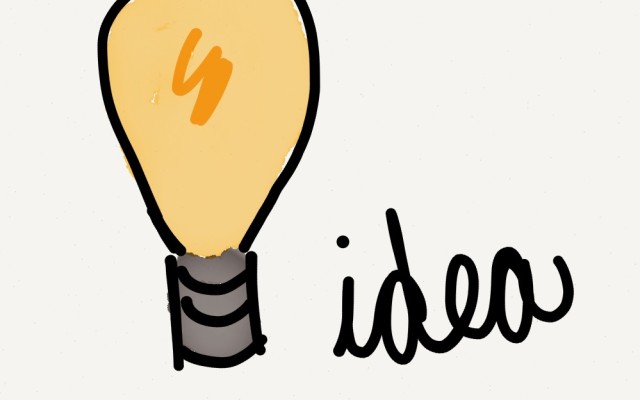
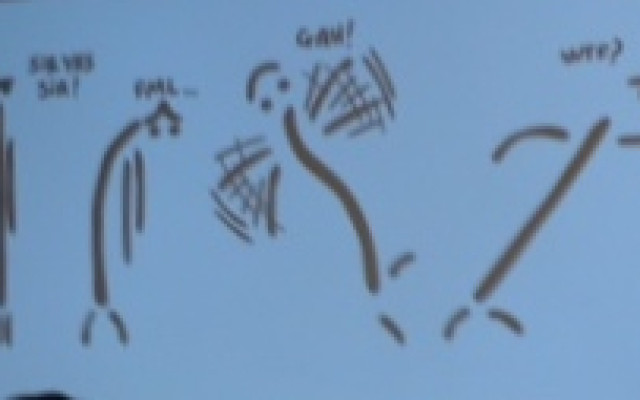
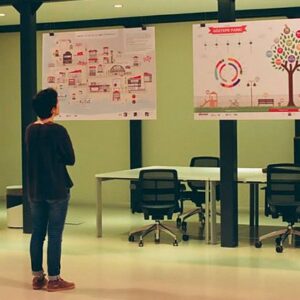
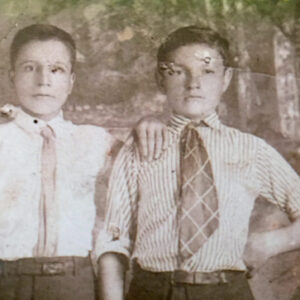

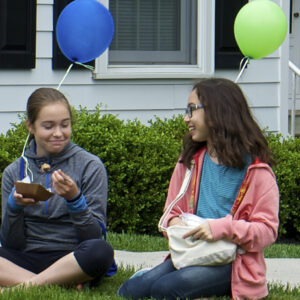
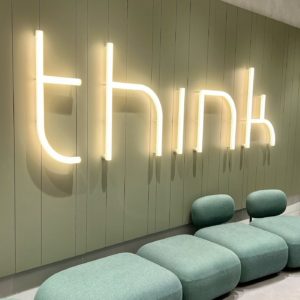

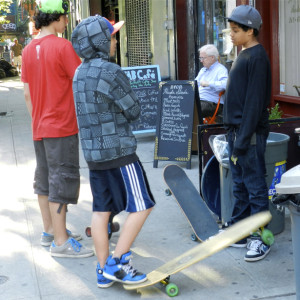
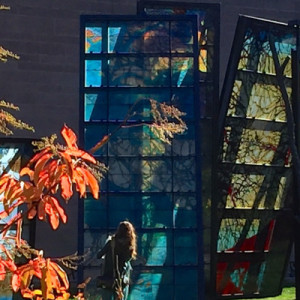
No Comments Yet!
You can be first to comment this post!